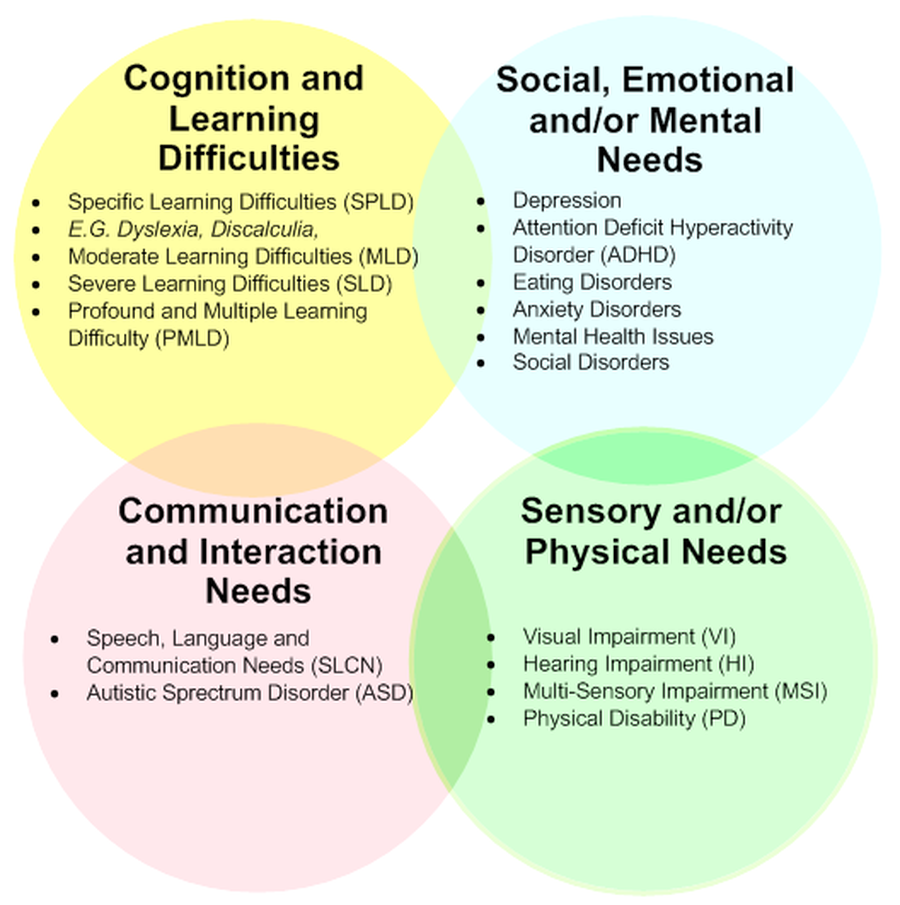Inclusive education is seen as a major process which facilitates successful education.
Several researchers pointed that if all children with special educational needs (SEN) are given the proper means and support such as magnifiers, braille displays, talking devices for instance a talking thermostat, screen reading software, text-to-speech systems using Optical Character Recognition (OCR), and tablets with large tactile b**tons, they will be able to develop to their full potential.
An inclusive educational system, starting in the early years of development, and aimed at responding to the educational needs of each student through the use of innovative pedagogies which promotes child-centered pedagogical approach.
A flexible and adapted Curriculum emphasizing the use of technologies has been implemented for each child of Mauritius to develop to his full potential.
In order to create an inclusive educational system, the government, through its Ministry of Education embraced the following specific policy guidelines for an action plan outlined below:
Access to education and recognition to all children with special educational needs having the same right and enjoying equality of education opportunities as their counterparts by providing them the appropriate digital tools.
Relevance and Quality through the setting-up of structured systems aimed at meeting each child’s needs.
Achievement in terms of teaching and learning as well as provision of support services in terms of technologies within the classroom and the school through the collaboration of all school personnel and the multi-disciplinary team.
There are various changes which took place for an inclusive education to cater for pupils with learning difficulties. The Ministry’s positive approach to creating an inclusive culture in schools was a milestone.
Inclusive education challenges the traditional models of schools, offering a paradigm shift needed for the sharing of the common vision that all children must be able to reach their potential in inclusive educational settings whatever their abilities and learning needs.
The inclusive school gives access to all children who learn together, regardless of any difficulties or differences they may have. The inclusive school recognizes and responds to the diverse needs of the students by integrating assisted technology in the teaching and learning process.
Assisted technology can greatly enhance the school curriculum experience for SEN learners and those requiring alternative pedagogies. Learners need such technology to assist them in their learning and to support their communication, interaction, mobility, and general participation within the classroom.
Before the implemention of the National Policy Documents and the Strategy Plan in Mauritius, no such facility was made available to SEN learners. Assistive technology refers to a range of technological devices or systems designed to improve the functional capabilities of individuals with disabilities and enhance their quality of life.
Learners may have learning difficulties caused by a physical disability; a problem with their sight, hearing or speech; emotional or behavioural problems; or difficulties with reading, writing, speaking or numeracy.
Accordingly, use of assistive technology is an effective and essential enabler for learners, serving to augment their potential and create wider learning opportunities. The Curriculum was structured and resourced to enable it to welcome and accommodate all children regardless of their physical, intellectual, social, emotional, linguistic or other abilities and needs.
 
